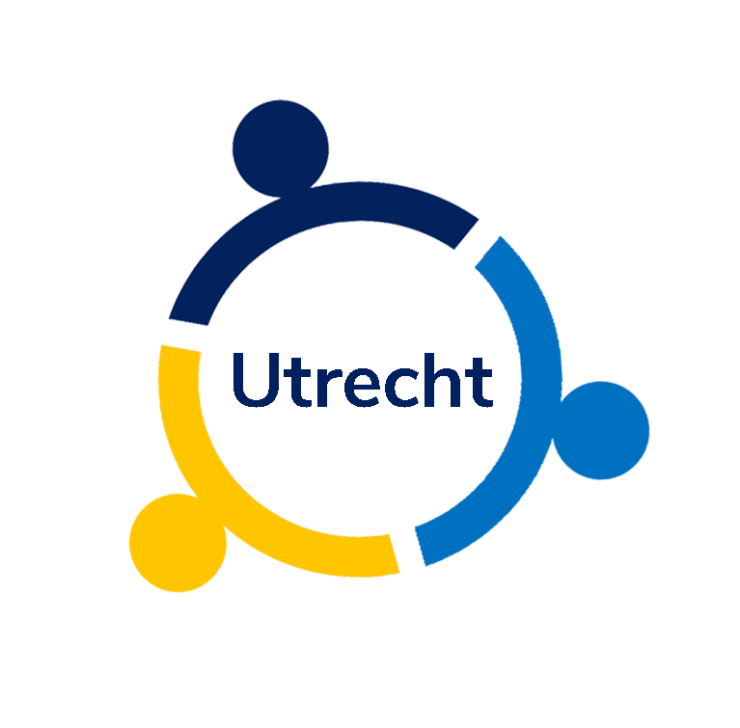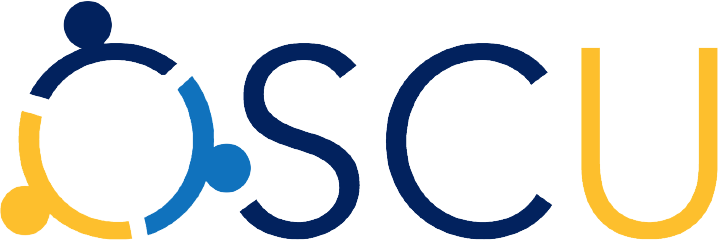News, Blog and Podcast
Looking back on the Open Science Symposium for Social and Behavioural Sciences

Due to Corona, we decided to continue our series of Open Science Symposia in an online format. The first edition, geared towards the faculty of Social and Behavioural Sciences, took place on September 10. With inspiring talks, practical use-cases, interesting discussions and almost 60 attendees this event was a BIG success! Marcel van Aken, the dean of the faculty, kicked off the symposium and was very clear: “Open Science is here, and here to stay!” He indicated that at his faculty, a lot of the research is already open, but there is room for further implementation of Open Science practices. One aspect of this improvement is the assembling of a Faculty Open Science Team, chaired by dean himself. This team will work on a roadmap on how to implement Open Science within the faculty. The OSCU Faculty Ambassador for FSS, Caspar van Lissa, will be part of this team.
After the opening of the symposium, Marcel van Assen, meta-scientist from Tilburg University, gave a key-note on how Open Science can mend science. He highlighted several issues, such as replication problems and publication bias, and how Open Science practices, such as pre-registration and registered reports may help to solve such issues.
Next, UU employees shared Open Science use-cases with their colleagues. Madelijn Strick gave an overview of Public Engagement activities aimed at stakeholders, general public, and researchers. Public Engagement is becoming a full academic topic that assesses its impact, for example by measuring peoples attitudes before and after public engagement activities.
The OSCU Faculty Ambassadors from Medicine, Law, Economics, and Governance, Veterinary Medicine, and the Humanities discussed several challenging issues of Open Sciences, formulated by Rens van de Schoot. This discussion clearly demonstrated the importance of different perspectives on Open Science and how we could benefit from other disciplines.
Caspar van Lissa introduced a workflow that he developed with others to work in an open and reproducible way (WORCS). It is based on R and is a one-stop solution for transitioning to a fully open workflow. You can watch the tutorial here.
How do you preregister analyses, in particular those of secondary data analyses? Gaëtan Mertens and Stefanos Mastrotheodoros covered this topic and showcased a template, with room for both explorative and confirmative analyses.
Anouk van Dijk, talked about the use of the Open Science Framework (OSF) for sharing materials. The advantages of OSF are multifold; it facilitates collaborations, makes materials citable, and saves colleagues a lot of time! Valeria Bonapersona added her experience with the power of sharing. For her, it is all about: “What is the kind of researcher that I want to be.” She has very good experiences with Shiny apps, which are interactive applications, based on R, which allow anyone to interact with her data in a very user-friendly way. In terms of impact, the Shiny app is used much more often than the corresponding paper is read.
Herbert Hoijting introduced JASP, free open-source software for statistical analysis, which can be used in research and education. It can do everything that SPSS can do, has a similar look-and-feel, with the added benefit that you can add new modules or statistical packages, that are then shared with all users. Herbert is actively looking for UU colleagues who want to add their statistical modules to JASP. He has resources to help you out. So please contact him if you want to contribute to JASP!
In short, we look back on a very inspiring afternoon in which a broad spectrum of Open Science practices were covered. As Marcel van Assen indicated in his key-note lecture, the manner in which science is organized is still very young and far from perfect. This symposia showed many concrete examples of tools and practices that we can use to improve science.
Slides and other materials can be found at: https://osf.io/bpe2j/

